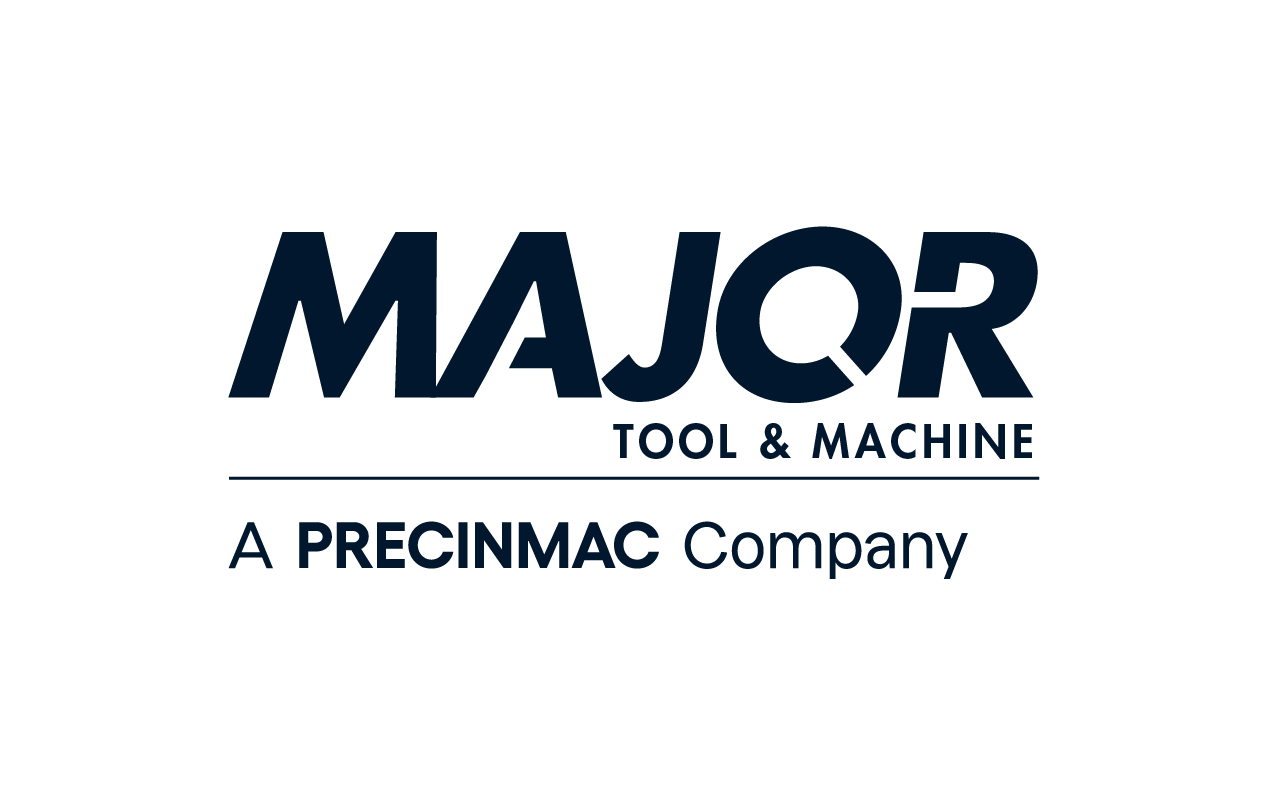At Major Tool & Machine, we are always looking for highly capable machinists to join our incredibly talented staff. One question we frequently get is, “How do I start a career as a machinist?”
Below are our recommendations for someone looking to get into this high demand trade.
For someone starting out, there are several options in the Indianapolis, Indiana area. Ivy Tech offers both technical certificates and Associate degrees in Machine Tool education. For those still in high school, there are several career centers with 2 year machining programs. Area 31 at Ben Davis, C9 Career Center in Greenwood, Hinds Career Center in Elwood, and Walker Career Center at Warren Central are all schools that we continually recruit from that maintain excellent skilled trades vocational programs.
The other route for gaining experience is working your way up from entry level positions in manufacturing shops. Part deburr positions, machine loading and unloading positions, and basic machine operator positions can give valuable entry level experience that you can build upon.
Major Tool & Machine is an active participant in the National Tooling and Machining Association (NTMA), which is the largest professional organization for machining companies in the United States. Through this organization there are a number of resources for online education, along with resources to find local businesses near where you live.
For a potential machinist trainee, we are looking for someone with a good general understanding of machining principles. We would prefer that you have “cut some chips” on a mill or a lathe, preferably both. We would also like for you to have an understanding of measuring a work piece with precision tools, such as dial calipers or micrometers, then understand how to adjust the machine either manually, or on a CNC computer screen, to bring a part into tolerance.
The ability to read and interpret basic engineering drawings, and have a good grasp of shop mathematics which includes an understanding of geometry and right angle trigonometry is critical for success in machining. An entry-level understanding of Geometric Dimensioning and Tolerancing (GD&T) would be great. The book that we use and recommend for GD&T training is Geometric Dimensioning and Tolerancing for Mechanical Design.
The final important skills is the ability to write CNC programs, make work piece and tool offsets, and make simple setups using a vise or toe clamps. Along with that, you will need a fundamental knowledge of the common G and M codes, and how to apply them. An understanding of X,Y, and Z machining axes is crucial as well.
All across the country manufacturing companies are in need of highly skilled machinists. Highly skilled and capable CNC machinists at Major Tool & Machine can reach wages of over $35 an hour, and with the demand for manufacturing returning to the United States, there has never been a better time than now to pursue a career in this field.

